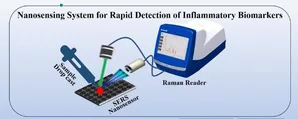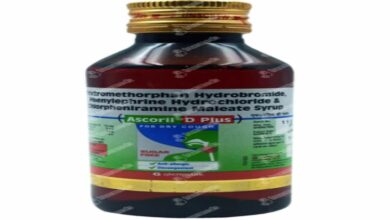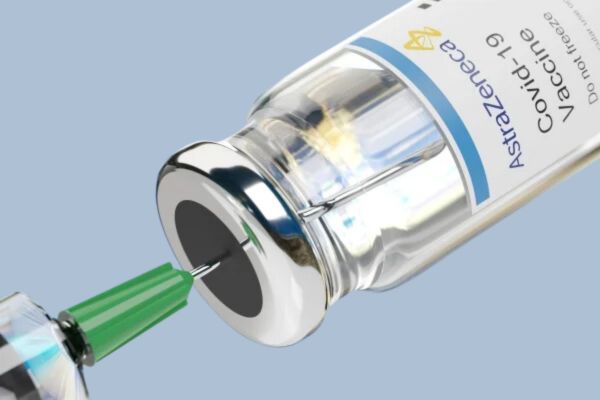Researchers at the Indian Institute of Technology (IIT) Jodhpur have developed a groundbreaking nanosensor targeting cytokines to aid in the rapid diagnosis and progression of various diseases. The sensor, which takes only 30 minutes for analysis, is a significant improvement over current techniques like ELISA and PCR, which can take over 6 hours.
The new nanosensor, based on Surface Enhanced Raman Spectroscopy, is not only efficient but cost-effective as well. It has shown success in detecting key pro-inflammatory cytokines like interleukin-6, interleukin-beta, and TNF-alpha, with high precision and selectivity. The technology has potential applications in conditions like Multiple Sclerosis, Diabetes, and Alzheimer’s disease.
Professor Ajay Agarwal from the Department of Electrical Engineering at IIT Jodhpur highlighted the promising results of the sensor, stating that the team aims to move towards clinical trials soon. The group is also looking to develop detection protocols for early-stage diagnosis of Sepsis and Fungal infections using this innovative technique.
The research findings of this groundbreaking nanosensor have been presented at the 2023 IEEE Applied Sensing Conference (APSCON), showcasing the potential impact of this technology on revolutionizing disease diagnostics and treatment.

 Top 7 Causes of Tooth Decay
Top 7 Causes of Tooth Decay Buy Nicotine Pouches Online from Two Wombats: A Comprehensive Guide
Buy Nicotine Pouches Online from Two Wombats: A Comprehensive Guide The impact of health insurance
The impact of health insurance Community Health Initiatives: How Local Engagement Improves Overall Well-being
Community Health Initiatives: How Local Engagement Improves Overall Well-being Unlocking the Benefits of Medicare Part D Plans for 2025
Unlocking the Benefits of Medicare Part D Plans for 2025 Comparing Ascoril D Plus with other cough syrups and expectorants on the market
Comparing Ascoril D Plus with other cough syrups and expectorants on the market AstraZeneca’s Covishield To Cause Rare Yet Serious Side Effects
AstraZeneca’s Covishield To Cause Rare Yet Serious Side Effects Reinforce Your Smile: Discover the Benefits of Hydroxyapatite Toothpaste
Reinforce Your Smile: Discover the Benefits of Hydroxyapatite Toothpaste